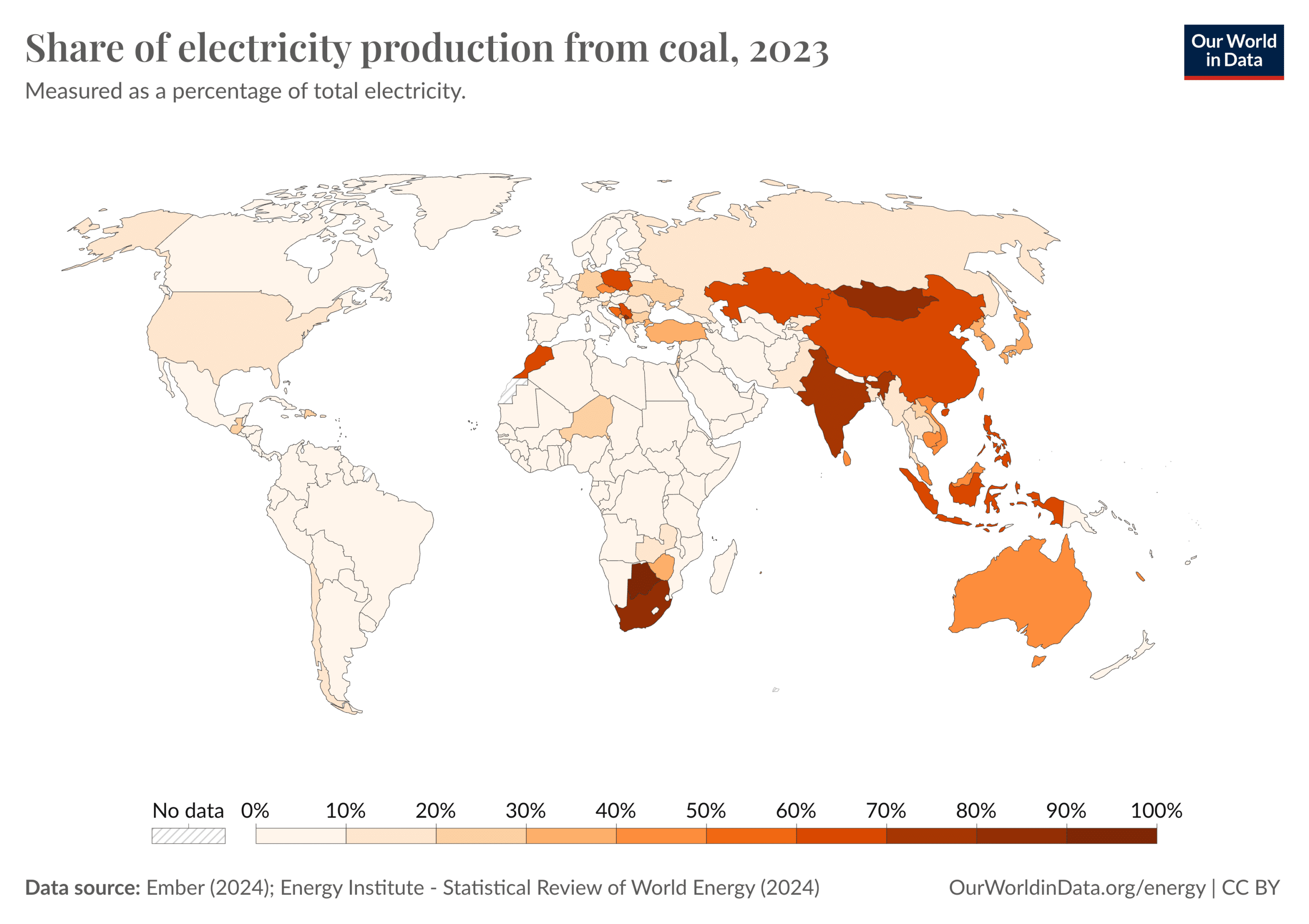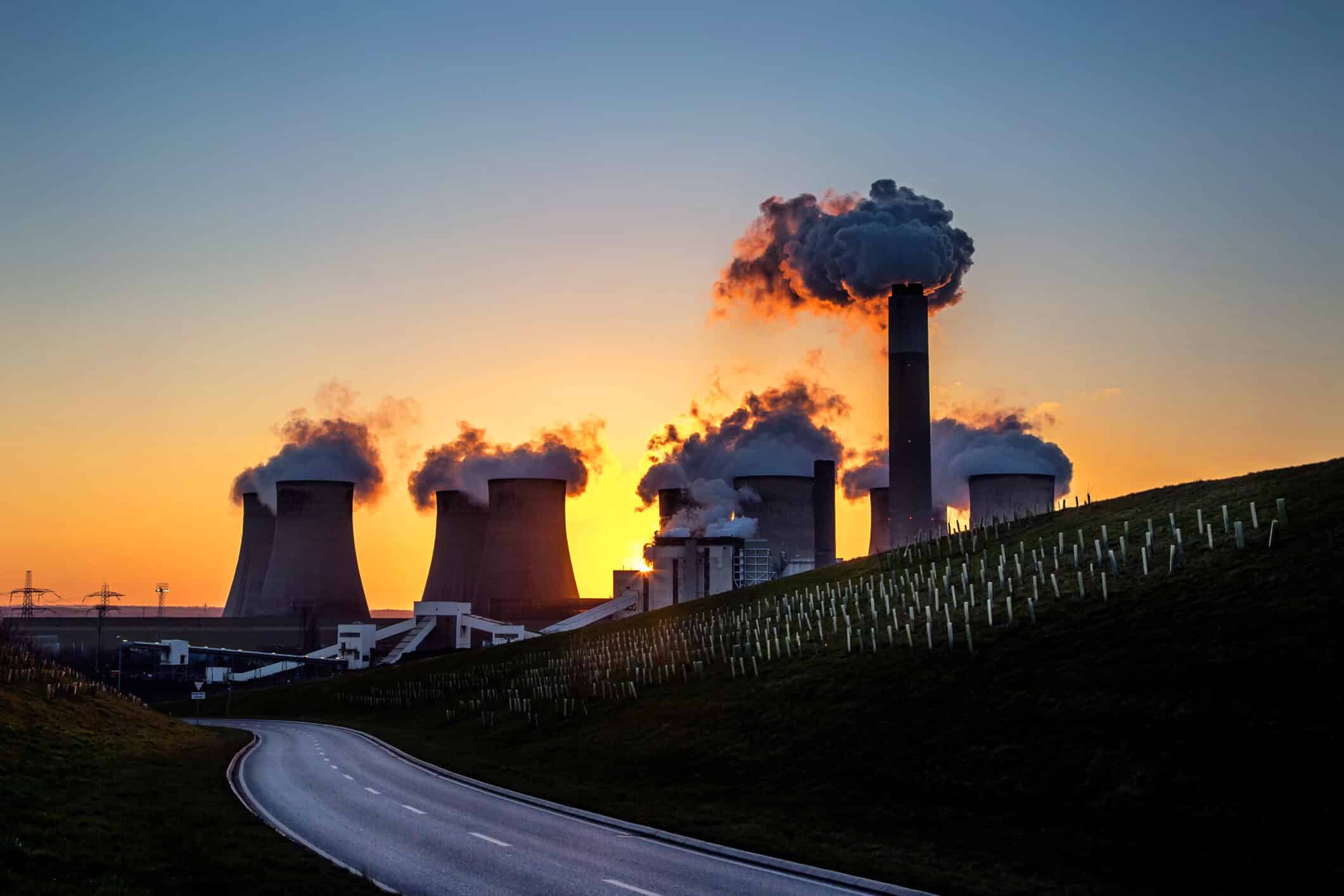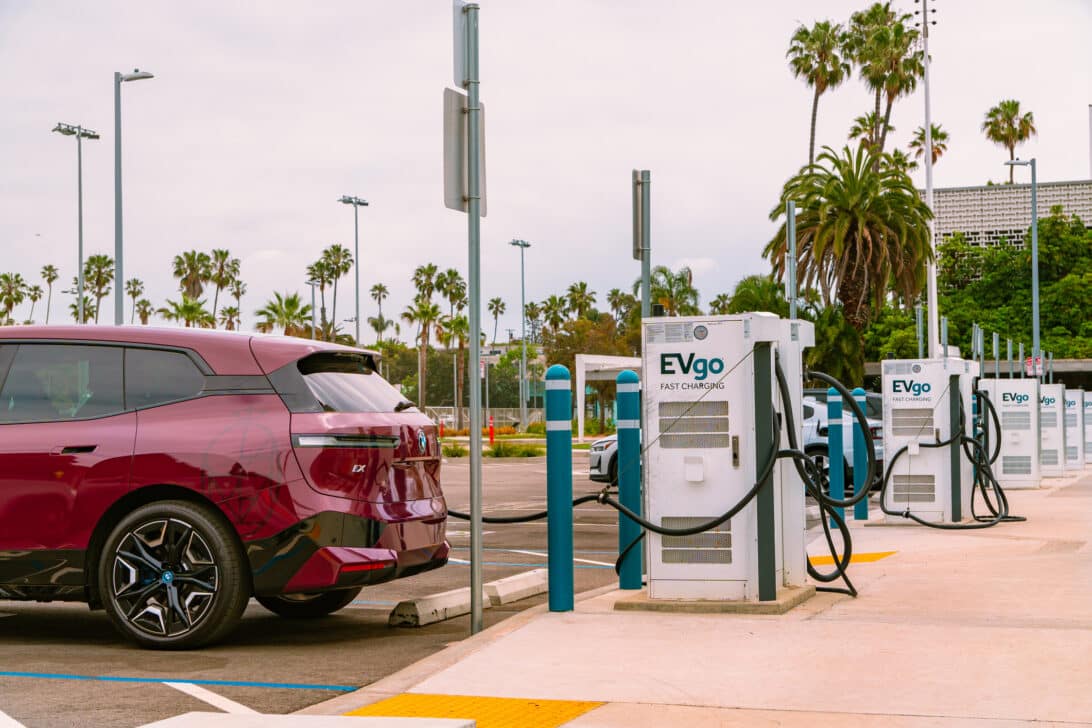Today will see the closure of Ratcliffe-on-Soar, the UK’s last operational coal-fired power station. This development will make the UK the first G7 country to eliminate its dependency on coal for electricity production.
Situated in central England, Ratcliffe-on-Soar has been a prominent feature of the landscape for nearly six decades. The closure is a significant milestone in the UK’s ambitious goals to decarbonise its electricity by 2030 and achieve carbon neutrality by 2050. “The era of coal might be ending, but a new age of good energy jobs for our country is just beginning,” remarked Energy Minister Michael Shanks in a statement.
Uniper, the company that owns Ratcliffe-on-Soar, has announced that the site will enter a two-year decommissioning phase starting in October. The 350 employees and contractors will either be reassigned to other roles within Uniper or will depart the company through three planned redundancy windows set to conclude by the end of 2026.
Replacing the coal power station will be a “carbon-free technology and energy hub,” Uniper revealed. This closure signifies the end of Britain’s 140-year reliance on coal, a milestone that places it ahead of other G7 nations in ceasing coal-powered electricity. Italy, for example, aims to eliminate coal power by next year, France by 2027, Canada by 2030, and Germany by 2038. Japan and the United States have not set definitive timelines.
Doug Parr, Policy Director at Greenpeace UK, commented on the achievement, “Britain has set an example the rest of the world must follow.” Nonetheless, he highlighted future challenges: “There are further battles to be had to phase out oil and gas, fulfilling the promise by all countries at COP28 to transition away from fossil fuels.”

Coal has played a crucial role in Britain’s economic and industrial history. It was a cornerstone of the Industrial Revolution in the 18th and 19th centuries, which propelled the nation to global prominence. Even as late as the 1980s, coal accounted for 70 percent of the UK’s electricity generation. However, its dominance began to decline in the 1990s amid government efforts to tackle pollution more aggressively. Coal’s contribution to electricity production plummeted to 38 percent in 2013, 5 percent in 2018, and just 1 percent last year.
“Coal was the backbone of the UK’s power generation for over a century, but its place is now in the history books,” stated Tony Bosworth, an energy campaigner at Friends of the Earth. He stressed the importance of moving away from gas, highlighting the potential of homegrown renewable energy to boost the economy.
In 2023, electricity in the UK was generated from a mix of natural gas (33 percent), wind power (25 percent), and nuclear power (13 percent), according to data from National Grid ESO.
The Labour government’s recent election win has paved the way for further steps towards decarbonisation. The newly launched flagship green energy plan includes the creation of a publicly-owned body to invest in offshore wind, tidal power, and nuclear energy.
Despite its significant capability to power up to two million homes, Ratcliffe-on-Soar had been increasingly used only during peak electricity demand periods, such as the cold snap of 2022 and the heatwave of 2023. Its last coal delivery of 1,650 tonnes at the beginning of this summer was only enough to power half a million homes for eight hours.
The UK’s history with coal began in 1882 when the world’s first coal-fired power station was established in central London. The closure of Ratcliffe-on-Soar thus marks the end of a long and transformative chapter in British energy history.
Subscribe
Sign-up to receive our newsletter





